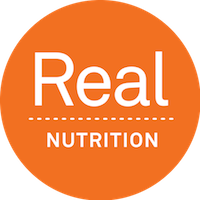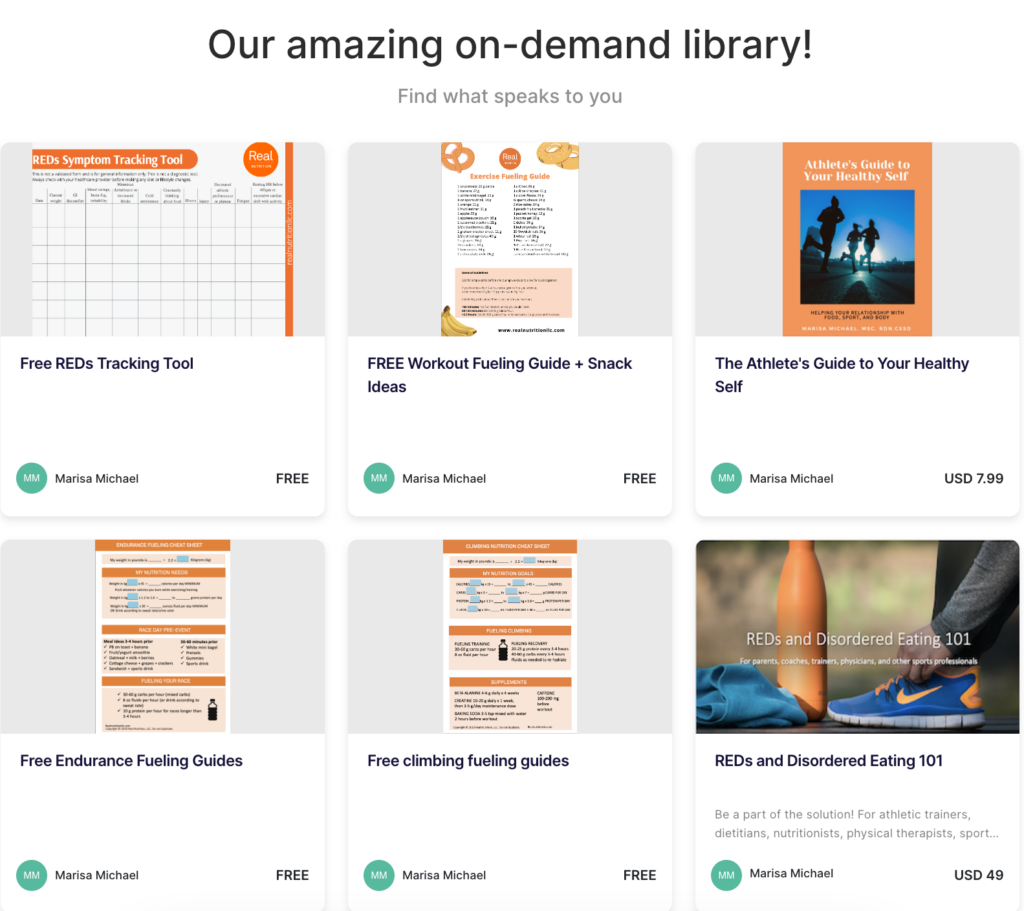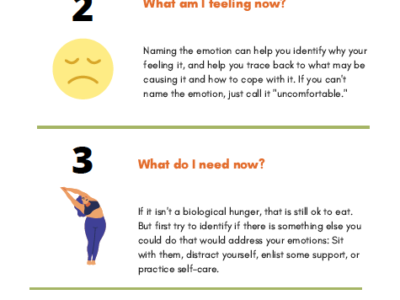
The holidays can represent fun, joy, culture, and connection through special foods. However, for some, they can also be filled with anxiety about those foods.
Here’s how to navigate holiday eating for certain scenarios.
How should an athlete eat during the holidays?
Depending on whether you are in an off-season or in the middle of a training block, your eating may need to be periodized to match your training load. You can enjoy holiday foods like cookies and treats. They can count toward your overall calorie intake. Athletes usually have a higher calorie need than most people. Remember, carbs are your friend!
Be mindful of your intake of heavy foods and desserts if it impacts your training. For example, if you eat a lot at a party one night but have to wake up for 6 am training, your stomach and gut may not feel well.
Also, be aware of the impact of alcohol on training and recovery. Alcohol can reduce muscle recovery, interfere with muscle repair, and thwart your ability to eat healthier foods. If you are depending on optimal performance, skipping the alcohol is a smart move. If you’re a recreational athlete exercising for the sheer love of the sport, and not dependent on performance outcomes, an occasional alcoholic drink during the holidays is less of an issue.
How can I use intuitive eating during the holidays?
Intuitive eating is a great framework to approach holiday eating. You can use skills like honoring hunger, honoring fullness, eating satisfying foods, and using gentle nutrition to help navigate all the special foods this season.
Intuitive eating has helped me during the holidays! I often find myself drawn to all the fun desserts. Some of them, like fudge and peppermint bark, I only have once per year. So naturally I want to eat them! But after too many treats, I notice that they don’t taste as good, my stomach doesn’t feel well, and I start noticing cravings for “real” food like nourishing grain bowls or salads.
You can honor hunger by eating when hungry and not “saving your calories” for a big meal or party. Eat regular, balanced meals with protein, fiber, and vegetables & fruits. Honor your fullness by stopping your meal as you become full or satisfied. try to avoid feeling overly stuffed to the point of becoming sick. Honor satisfaction by selecting foods that sound appealing and will “hit the spot.”
How can I stick to my diet during the holidays?
If your diet is born out of medical necessity, such as diabetes or celiac disease, adhering to it as much as possible is crucial to overall health. If your diet is something self-imposed to lose weight, you may need a different approach. While it is not bad to want to lose weight, for some people it may be appropriate, and for others it can be disordered or unnecessary for health. There are too many variables to consider here to determine if weight loss is right for you based off a simple blog post.
If it really is appropriate for you to be dieting, try approaching holiday eating with compassion and curiosity. This could look like asking yourself a few questions, like:
- Will eating/avoiding this food align with my health values?
- How will this food make me feel after I have eaten it? How do I want to feel?
- Will avoiding this food exacerbate the restriction mentality and make me want to overeat later?
- Will avoiding this food cause me to miss out on an important social or cultural connection or experience?
- Am I eating balanced meals that nourish my body?
- Am I using exercise or movement in a joyful way, rather than as a punishment for eating?
These are just a few things to consider when dieting during the holidays.
How can I maintain eating disorder recovery during the holidays?
Depending on where you are in your journey, you may need professional support from a dietitian, therapist, physician, or eating disorder treatment center. The holidays can be fraught with strong emotions and unusual foods that challenge recovery. Try to use intuitive eating principles if you’re in a place in recovery where that makes sense.
Be sure to nourish your body, eat according to your meal plan (if you have one) or get expert guidance from an eating disorder-informed dietitian.
Comments from others about the way your body looks, the food you’re eating, the portion sizes you choose, etc. can be really difficult. Using a mantra or having an easy response can ease the tension. If someone comments that you have gained weight, you’re eating too much food, or anything else, here are some possible responses:
- I am learning what my body needs. Your comments are not helpful.
- I think this is more about you than me.
- I am working with a dietitian right now, and this is my action plan.
- Please don’t comment on my body.
- Eyes on your own plate.
- Everyone chooses to eat differently. That is ok.
- What an interesting thing to say out loud.
- Did you mean to be rude just now?
Holiday eating can be tricky, but with the right tools and mindset you can have an enjoyable season! If you’re looking for more support, book an appointment online! We are here to help.
Want more information? Check out our amazing nutrition resources, including on-demand courses, free downloads, and webinar replays.
This is general information only and not nutrition advice.




